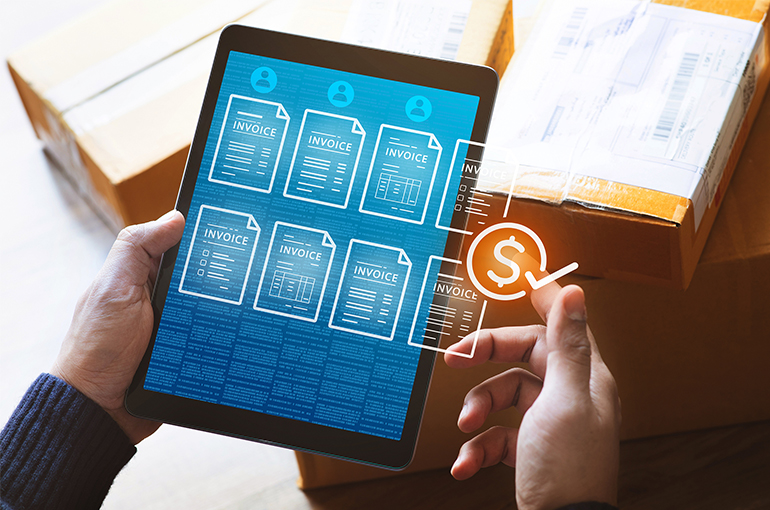 China to Roll Out Digitalized E-Invoicing Nationwide Next Month
China to Roll Out Digitalized E-Invoicing Nationwide Next Month(Yicai) Nov. 26 -- China will implement fully digitalized electronic invoicing across the nation next month following three years of testing to cut administrative costs for taxpayers and the authorities while supporting the country’s broader digital shift.
China will establish a unified national e-invoicing platform to provide taxpayers with free services for issuing and managing digital e-invoices from Dec. 1, the State Taxation Administration said in a notice issued on Nov. 24.
Businesses and individuals can log into their digital tax accounts or the individual income tax app to request, download, print, and export fully digital e-invoices, it added.
Digital e-invoices are a next-generation invoicing system where data are entirely digitized. They are automatically transmitted between taxpayers and tax authorities through digital tax accounts and have the same legal validity as paper invoices.
Compared with paper and standard e-invoices, fully digitalized e-invoices can automatically categorize specific businesses, supporting big data management by the tax authorities, Prof. Wang Weiqing of Fudan University told Yicai. Digital e-invoices are also more streamlined, with clearer and more concise information, he noted.
In the new era of digital e-invoicing, taxpayers will be able to issue invoices as soon as they start a business, with a much simplified process, Wang said. This will reduce the workload related to invoice management, such as visiting tax offices to collect paper documents, and over time paper invoices will disappear, he added.
Full implementation of the new system will also hasten corporate digital transformation and enable the tax authorities to gather more detailed business data, enhancing regulatory oversight, according to Zhang Lijuan, a partner at the Chongqing branch of ShineWing Certified Public Accountants.
China started piloting fully digitalized e-invoices in Guangdong province, Shanghai, and Inner Mongolia Autonomous Region on Dec. 1, 2021. The number of testing grounds has expanded to 31 since then. The range of industries allowed to use digital e-invoices has also widened over time, with the railroad sector included on Nov. 1 and the civil aviation sector on Dec. 1.
Editors: Tang Shihua, Futura Costaglione